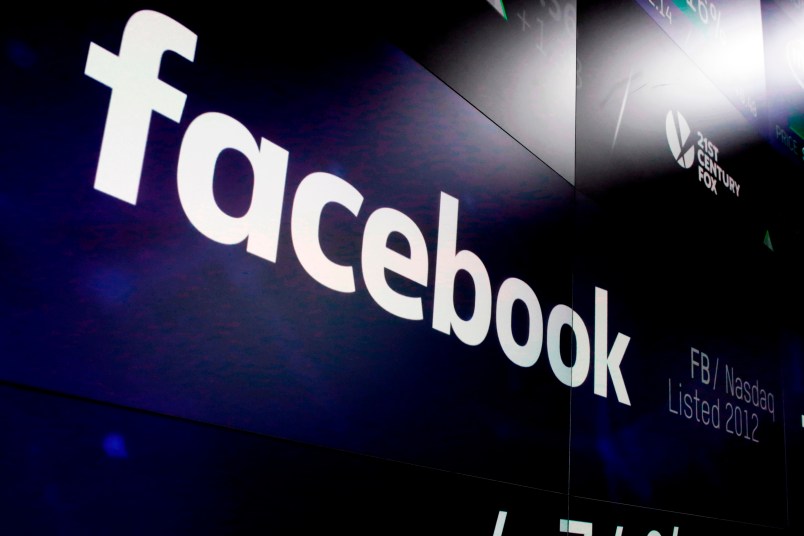In the on-going conversation about whether fringe speech, conspiracy-sites and hate groups should be booted off Facebook, Twitter, etc., here are a few thoughts.
First, these are private companies that put their distributional heft at the service of those they allow on their platforms. We have every right to judge those companies on who they let on and who they don’t. Consider that most of these platforms simply ban not only nudity but even in some cases women breast-feeding. They do that to create a certain atmosphere. They also immediately block almost any kind of content that anyone claims to have a copyright on. It’s not just that they don’t allow copyright infringement. They tip the scales way in favor of anyone even claiming such rights, especially if they have money. They also ban various kinds of speech that can be interpreted as advertising and which undermines their business models.
Each of these are perfectly reasonable. They’re private companies. They’re for profit. They have a right to set certain ground rules to ensure a certain atmosphere on their platform. They can impose terms of service that prevent people from undermining their business models. Viewed more generously, they can impose terms of service that create a specific atmosphere they want for their users. The point is that there’s nothing remotely like free speech on most of these platforms in the first place. The one place where this becomes an issue is where arguably political speech verges into hate speech or menace. InfoWars has no right to be on Facebook. This seems all pretty much obvious and largely uncontested, as far as it goes.
The problem, as I see it, is a bit different. We have collectively ceded a great deal of what feels like the public square to what are simply private, corporate platforms. To a real extent, the places you can exercise your speech these days are on Youtube, Facebook, Twitter and other platforms. That is really the heart of the problem. A big part of the public square has been gobbled up by closed systems: Facebook especially, but also Google’s Youtube, Twitter, et al.
I don’t have any immediate answer to that problem. But that’s what we should be concerned about: ceding so much of the public square to private platforms which really aren’t about free speech in any way and don’t have free speech in any way. They’re all ordered by algorithms designed to maintain time on site and service ad sales. In no sense are they open or free. Manipulation of the flow of speech and ideas is integral to how they function.
Here’s a different way to look at the question. Infowars has been booted off Facebook, Youtube and a bunch of other platforms. But right now you can go to the InfoWars website and watch their shows to your heart’s content. Shouldn’t that be enough? TPM built up an audience over the years simply by word of mouth and reputation. That’s still how we get the great majority of our readership. That should be more than enough. Not being on Facebook just means you don’t have access to their distribution networks.
But what if InfoWars were essentially kicked off the Internet itself? That’s much much harder since it’s so decentralized. But to operate at any scale you need to work with hosting companies, CDNs, various service providers. So that can happen. It may not be a constitutional issue. But if unpopular, ugly viewpoints can’t even get on the web at all, there I think you approach a much more real civic issue. If you’re right to speech is purely notional because you’re barred from the basic architecture of communication, you don’t really have free speech. That’s a problem.
With regard to the platforms, however, what we should be thinking about is that we’ve allowed a series of private platforms to muscle in on a lot of the public square. Many of those companies have bad values and bad corporate cultures. It is precisely because they have imposed themselves on the public square, have mimicked it, as it were, that they have decided to ape the modalities of ‘free speech’. This may seem like a good thing. But I would argue that it’s not. It’s part of passing themselves off as being something more like governments – ersatz governments with ersatz free speech.
It is far better brush the networks back, treat them as businesses and not as quasi-governments with their own corporate versions of free speech, which they very much want to do, on their own terms.






